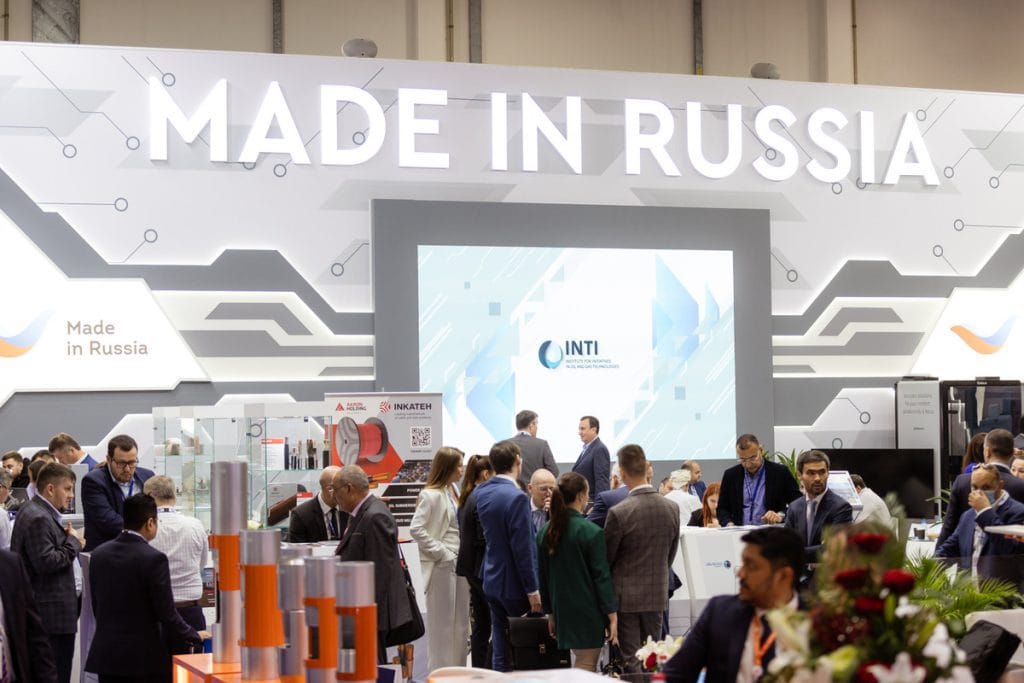🎧 Listen to This Article
As of January 1, 2025, Russia will enact significant changes to its corporate income tax system under Federal Law No. 176-FZ, passed on December 7, 2024. These amendments to Parts One and Two of the Russian Tax Code will introduce key revisions to the corporate income tax (CIT) rate and additional provisions for specific sectors. Businesses, especially those in high-tech industries, foreign operations, and specific natural resource sectors, need to be prepared for these upcoming changes. Here’s a detailed breakdown of what’s coming:
Changes to Corporate Income Tax Rates
Russia’s corporate income tax rate will increase from 20% to 25% starting January 1, 2025. A significant change in this structure is the revenue split between the federal and regional budgets. Of the new 25% rate, 8% will be allocated to the federal budget, while 17% will be distributed to regional budgets. This arrangement is set to remain in effect until 2030.
| Period | Until 01.01.25 | From 01.01.25 |
|---|---|---|
| Income Tax Rate | 20% | 25% |
| Federal Budget | 3% | 8% |
| Regional Budget | 17% | 17% |
Special Tax Rates for Specific Organizations
The amendments also introduce several key provisions for specific industries, which will benefit from reduced tax rates or other incentives under the new tax law:
- IT Organizations: The tax rate for IT companies is significantly reduced. As of 2025, the federal tax rate for qualifying IT companies will be 5%, while regional budgets will not receive any share of this tax. This replaces the previous 0% tax rate available to IT firms. However, it is essential to note that the 5% rate applies only to firms meeting specific criteria set out by Russian authorities, and companies should verify their qualification through official channels.
- Small Technology Companies: Smaller technology firms may benefit from regional tax reductions, with certain regions offering tax breaks or rebates to foster innovation and growth in the tech sector. The specific rate reductions will depend on the regional laws, which can vary considerably from one area to another. Companies are encouraged to consult local tax authorities for more information on available benefits.
- Subsurface Area License Holders: Firms holding licenses for subsurface areas, particularly those involved in exporting liquefied natural gas (LNG) by December 31, 2022, will see their tax rate set at 20%. This rate supports the strategic natural resource sector but is subject to stringent eligibility criteria.
Tax on Foreign Organizations and Dividends
- Foreign Organizations: The corporate income tax rate for foreign companies not operating through a permanent representative office in Russia will increase from 20% to 25%. Some exceptions may apply, especially for entities qualifying for tax treaties or specific exemptions under international agreements, such as avoiding double taxation.
- Dividends: Dividends paid to foreign entities will be taxed at 15%, a notable increase from the previous rates. However, certain types of dividend payments, such as those under international treaties, may still be eligible for reduced rates. Foreign companies are advised to assess the impact of these changes on their cross-border tax obligations, particularly in light of Russia’s tax treaties with other nations.
Changes to Deductible Expenses and the Increasing Coefficient
A notable shift in the tax code is the introduction of an increasing coefficient for certain deductible expenses, which businesses can use to reduce their tax liabilities. This coefficient, which applies to selecting the costs, has increased from 1.5 to 2. Eligible expenses include:
- The purchase of fixed assets used in developing artificial intelligence (AI) or other high-tech equipment.
- Acquisition of amortized intangible assets, such as software licenses and databases, that contribute to business activities.
- Research and development (R&D) expenses that meet criteria set by the government, including participation in special approved programs.
- Software and databases related to AI, provided they are included in the Unified Register of Russian Software and Databases.
This provision aims to support industries that invest in high-tech infrastructure and innovation. However, businesses must ensure their expenditures meet the criteria to qualify for these enhanced deductions.
Federal Investment Deduction
The new federal investment deduction allows businesses to reduce their taxable income through significant investments in fixed or intangible assets, including modernization and technical upgrades. However, companies must choose between utilizing the regional or federal deduction, each with its benefits.
- Federal Deduction: Unlike regional deductions, the federal investment deduction applies uniformly across Russia. Companies can also carry any unused deduction portion into future tax periods. However, there are requirements: businesses must pay at least 3% of their profit as tax each year over the next six years to be eligible. In subsequent years, this minimum tax requirement will decrease to 2%.
- Regional Deduction: Regional deductions may offer more generous terms but vary significantly depending on the local government’s policies. Companies in specific regions should consult with local tax advisors to assess which federal or regional deduction is more beneficial.
What Does This Mean for Businesses?
The new corporate income tax rates and provisions represent a significant shift in Russia’s tax landscape, particularly for businesses operating in high-tech sectors or with foreign operations. Companies must prepare for these changes by revisiting their tax strategies and ensuring compliance with the updated rules.
- Foreign Businesses: Foreign firms operating in Russia without a permanent representative office will face higher tax rates. They should evaluate their operations and consider establishing a permanent presence to mitigate these higher costs.
- High-Tech Firms: IT companies, small-tech startups, and firms investing in AI, R&D, or high-tech infrastructure may benefit from new deductions and lower federal tax rates. These changes make Russia an attractive environment for innovation-driven industries, though businesses must navigate the eligibility requirements carefully.
- Long-Term Investment: The new federal investment deduction could encourage long-term capital investment in infrastructure and modernization. However, businesses should consider the minimum tax requirements and the potential to carry forward deductions when planning their investment strategies.
In conclusion, the updated tax regime signals Russia’s ongoing effort to modernize its economy and attract high-tech investments. Businesses are advised to act quickly to comply with the new rules and take advantage of the tax incentives offered under the revised system. Proactive tax planning will be essential for domestic and international companies as the new regulations are enacted in January 2025.
Read More: Freelancing in Russia: How the NPD Tax System is Changing the Game
For further details, clarification, contributions, or any concerns regarding this article, please get in touch with us at editorial@tax.news. We value your feedback and are committed to providing accurate and timely information. Please note that our privacy policy will handle all inquiries.



Click here to open the standard version and post your comment.